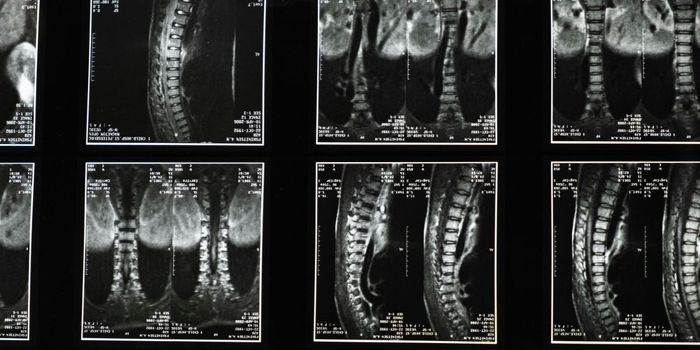Long-Acting Reversible Contraception Highlighted by The Journal of the American Medical Association
With states requesting changes to federal abortion laws and enacting their own bills that ban abortion earlier on during pregnancy, women in some states may have a harder time accessing abortions. Long-acting reversible contraception may be a good option.
JAMA Insights published an article on different forms of long-acting reversible contraception (LARC), their side effects, and their effectiveness. Contraceptive implants and intrauterine devices were both discussed.
A contraceptive implant is a rod inserted under the skin in the upper arm that releases the synthetic hormone etonogestrel and lasts for up to 5 years. Etonogestral blocks ovulation by inhibiting the release of luteinizing hormone and thickens cervical mucus to prevent the passage of sperm. Women who have had a recent breast cancer should not use this type of contraception.
Side effects can include pain, bruising at the site of insertion, loss of periods, and frequent unscheduled light bleeding. When inserted too deeply into the arm, the implant can lead to neurovascular injury and be difficult to remove.
Effective intrauterine devices (IUD), or devices inserted into the uterus, include the copper IUD and the 4 levonorgestrel-releasing IUD (LNG-IUD). The copper IUD is a T-shaped device made of polyethylene wrapped in copper wire. Copper is a spermicide that prevents egg fertilization. Side effects of copper IUDs include heavier, longer, or more painful periods. Copper IUDs can prevent pregnancy for up to 12 years.
LNG-IUDs are also T-shaped and contain the synthetic hormone levonorgestrel, the hormone present in the morning after pill, at varying doses. It prevents fertilization by changing the composition of cervical mucus rather than by consistently suppressing ovulation. Users can still have light periods with this type of IUD. Users taking higher doses are less likely to have periods.
Side effects of IUDs can include bleeding, infection, pain, expulsion of the device, and a uterine perforation, where the device punctures the uterus. Perforations are considered a serious complication but are very rare.
People who should not use IUDs include those who are currently pregnant or those with a pelvic infection, endometrial or cervical cancer, or a distorted uterus. Women with a recent breast cancer should not use LNG-IUDs.
These long-acting contraceptive methods are considered highly effective and are reversible, with fertility reported to return quickly after stopping use. Reported failure rates are less than 1 pregnancy per 100 women in 1 year who use these methods.
Sources: JAMA, PubMed








